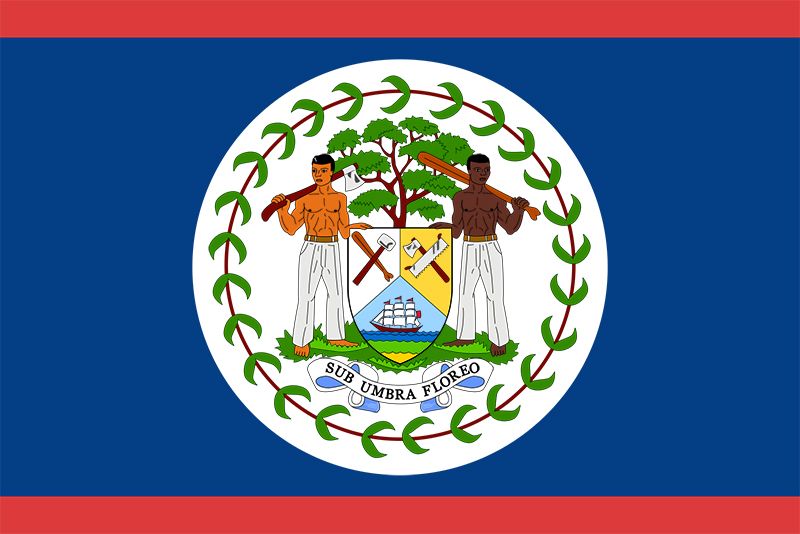Belize Eliminates Malaria: Lessons For Africa

Belize, a small country located in Central America, has achieved a remarkable feat in the global fight against malaria. The World Health Organization (WHO) recently certified Belize as malaria-free, recognizing the country's over 70 years of relentless efforts to eradicate the disease. With this achievement, Belize joins the ranks of 42 other countries and 1 territory that have been certified as malaria-free by WHO, including 11 countries in the Region of the Americas.
Dr. Tedros Adhanom Ghebreyesus, WHO Director-General, commended the people and government of Belize, as well as their global and local partners, for their dedication and success in eliminating malaria. He emphasized that Belize serves as an example of how a malaria-free future is attainable with the right tools and approaches. Dr. Jarbas Barbosa, Pan American Health Organization (PAHO) Director, added that Belize's achievement will inspire other endemic countries in the Americas to pursue their own malaria elimination goals.

Belize's triumph over malaria is the result of effective investments in malaria control over the past three decades. The country witnessed a dramatic reduction in malaria cases, from a peak of about 10,000 cases in 1994 to zero indigenous cases in 2019. This remarkable progress was made possible through a combination of strong malaria surveillance, access to diagnosis and treatment, and effective vector control measures. The use of insecticide-treated mosquito nets and indoor spraying of insecticides played a crucial role in controlling the malaria-carrying mosquitoes. Additionally, trained community health workers played a vital role in ensuring timely diagnosis and treatment.
In 2015, Belize revamped its malaria program to focus on enhanced surveillance among high-risk populations. This strategic approach allowed for targeted interventions and optimal utilization of available resources in priority areas. Even during the COVID-19 pandemic, Belize remained committed to malaria surveillance and made efforts to integrate malaria and COVID-19 surveillance systems, ensuring that progress against malaria was not compromised.
Collaboration has been a cornerstone of Belize's malaria elimination efforts. The partnership between the national malaria program and the Belize Vector Ecology Center facilitated entomological surveillance, providing crucial information on the distribution and density of malaria-carrying mosquitoes and their resistance to insecticides. Cross-border collaboration with neighboring Mexico and Guatemala also played a pivotal role in Belize's success.
Belize actively participated in regional and subregional initiatives aimed at eliminating malaria. These initiatives, such as the Elimination of Malaria in Mesoamerica and the Island of Hispaniola, received financial support from the Global Fund to Fight AIDS, Tuberculosis, and Malaria. Belize also engaged in the Regional Malaria Elimination Initiative, an initiative led by the Inter-American Development Bank in partnership with PAHO and the Council of Health Ministers of Central America. Technical cooperation from PAHO, supported by USAID, has been instrumental in Belize's anti-malaria campaign.
This milestone in Belize's fight against malaria aligns with PAHO's Disease Elimination Initiative, which seeks to eliminate more than 30 communicable diseases, including malaria, in the Americas by 2030. Belize is also part of the "E-2025" initiative, identified by WHO as having the potential to eliminate malaria by 2025.
Belize's success in eliminating malaria serves as a source of inspiration and provides valuable lessons for other countries, particularly in Africa, where malaria remains a significant public health challenge. The key takeaways from Belize's experience include strong surveillance systems, access to diagnosis and treatment, effective vector control measures, and collaboration at the country, regional, and global levels.


0 Comments
No Comments available. Be the first to comment on this post
Leave a Comment
Your email address will not be published. Required fields are marked *